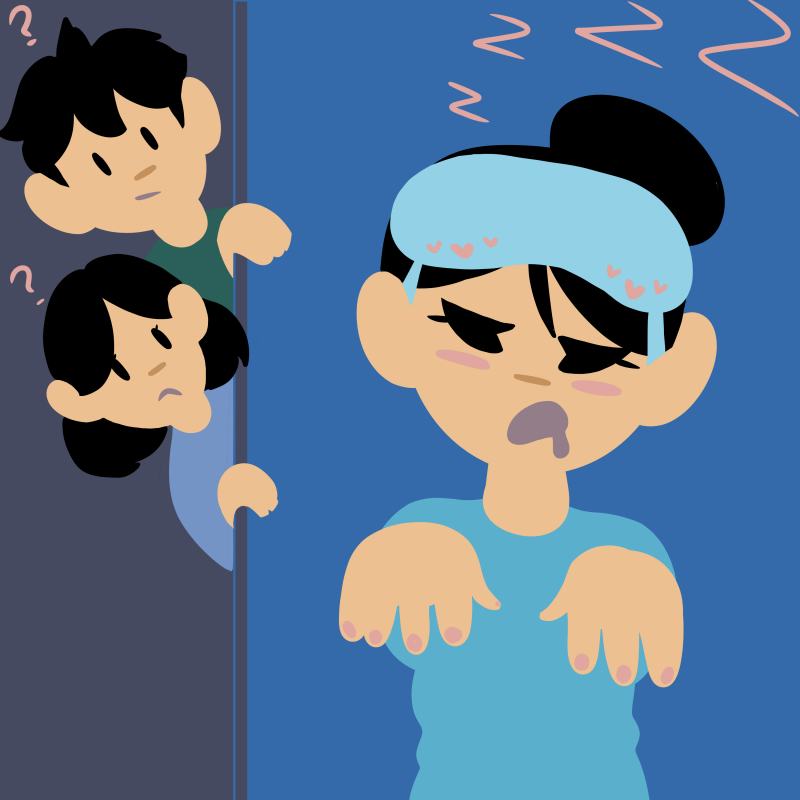
By Lylyan Yenson
Imagine this: you wake up from your sleep and you’re in a completely different place from where you fell asleep or you have food in your mouth. Chances are you’re a sleepwalker, also known as a condition called Somnambulism.
Sleepwalking is a behavior disorder that originates during deep sleep and causes the host to walk or perform other tasks while they are asleep without their knowledge. Triggers for sleepwalking could be sleep deprivation, sedative agents, febrile illnesses or certain medications.
Sleepwalking is more than just walking in your sleep it is a series of complex actions while sleeping. Actions range from simply sitting up in bed to walking around the house and even leaving the house.
When dealing with sleepwalkers it is best to not wake them, but instead to lead them back to bed. It is commonly said that waking a sleepwalker could lead to a heart attack, shock, or brain damage. While this isn’t entirely true, it is dangerous to wake up a sleepwalker because they may hurt themselves or the person trying to wake them up. Sleepwalkers are unaware of what is happening which may lead them to act in a different manner.
When trying to lead sleepwalkers back to bed it is important not touch them as much as possible and gently lead them back to bed or turn them to the general direction of their bed. If returning them back to bed doesn’t work, it is best to start making loud noises from a safe distance to wake the sleepwalker.
To stay safe while sleepwalking, it is important to check your surroundings before going to sleep. You should keep the environment safe with no sharp objects nearby, lock windows and doors and cover glass windows with drapes. Placing a bell on the door could also help alert others so they could lead the person sleeping back to bed.
Although there is no way to completely stop sleepwalking, it is possible to try and control it. There are medications available to limit the amount of sleepwalking, but getting a stable amount of sleep should help. It would also be beneficial to limit stress or any visual or auditory stimulation before going to sleep.





